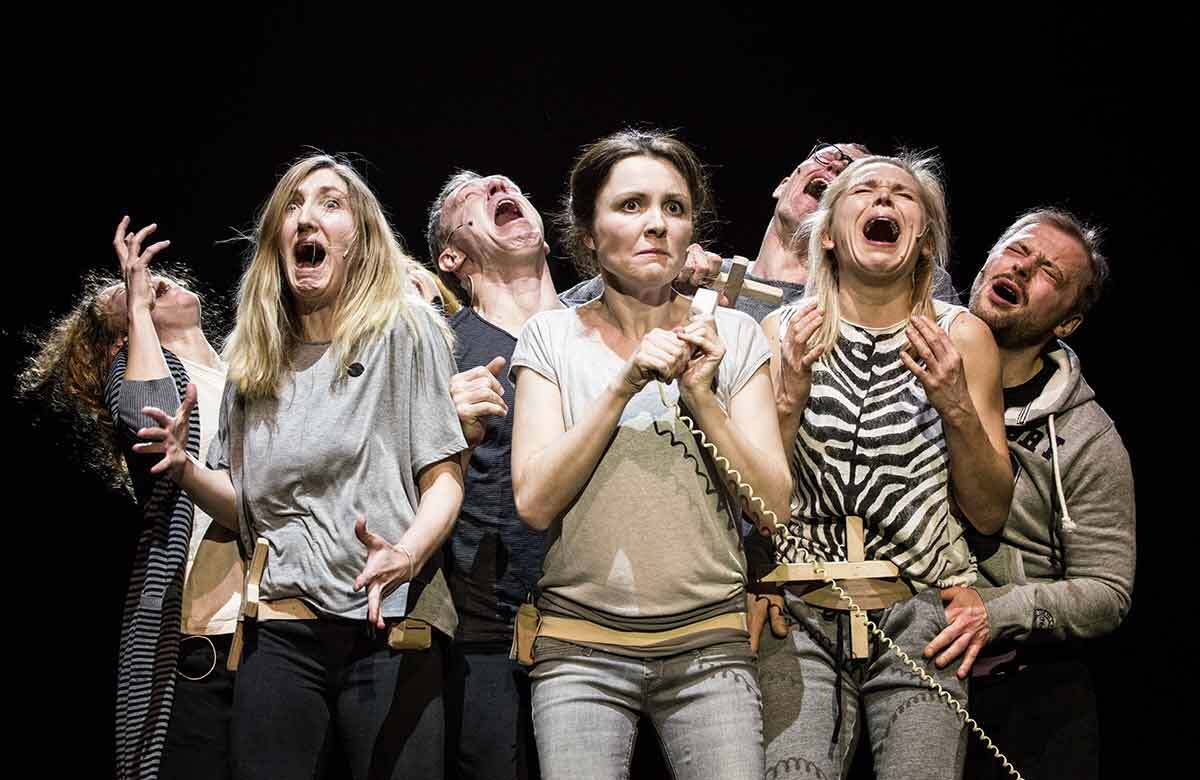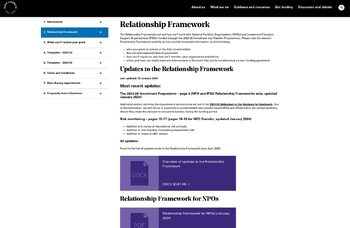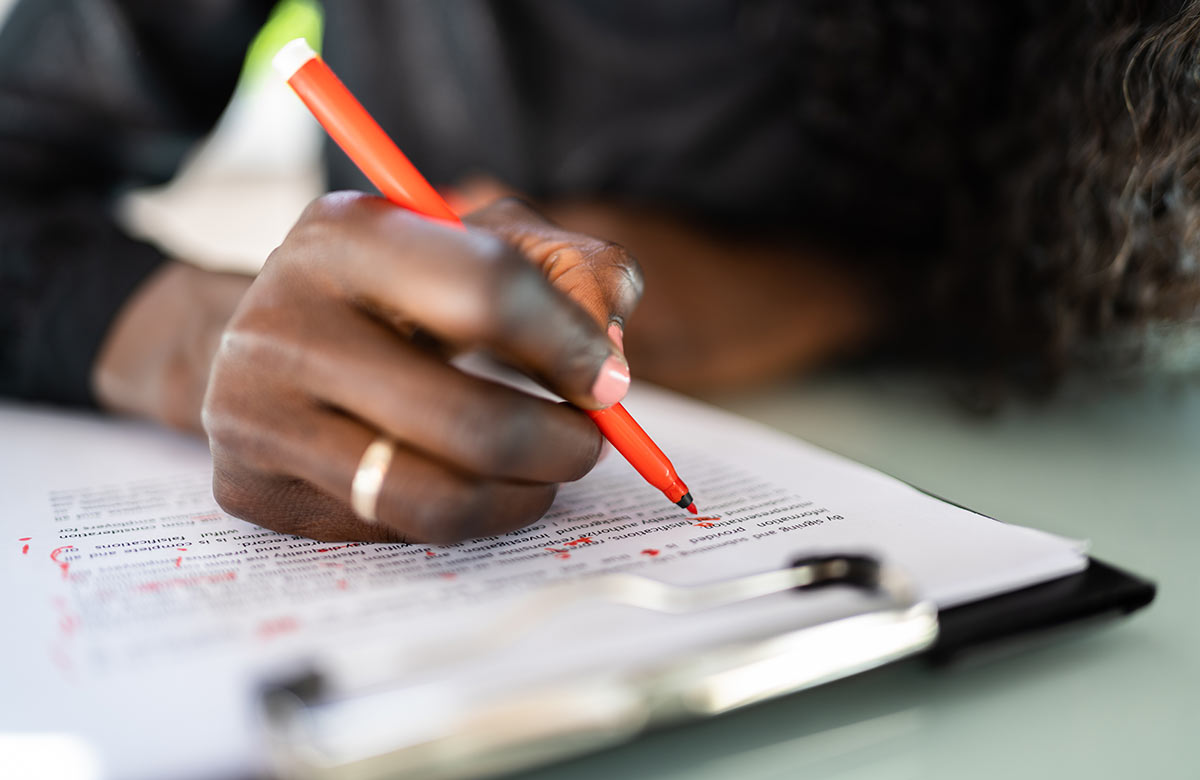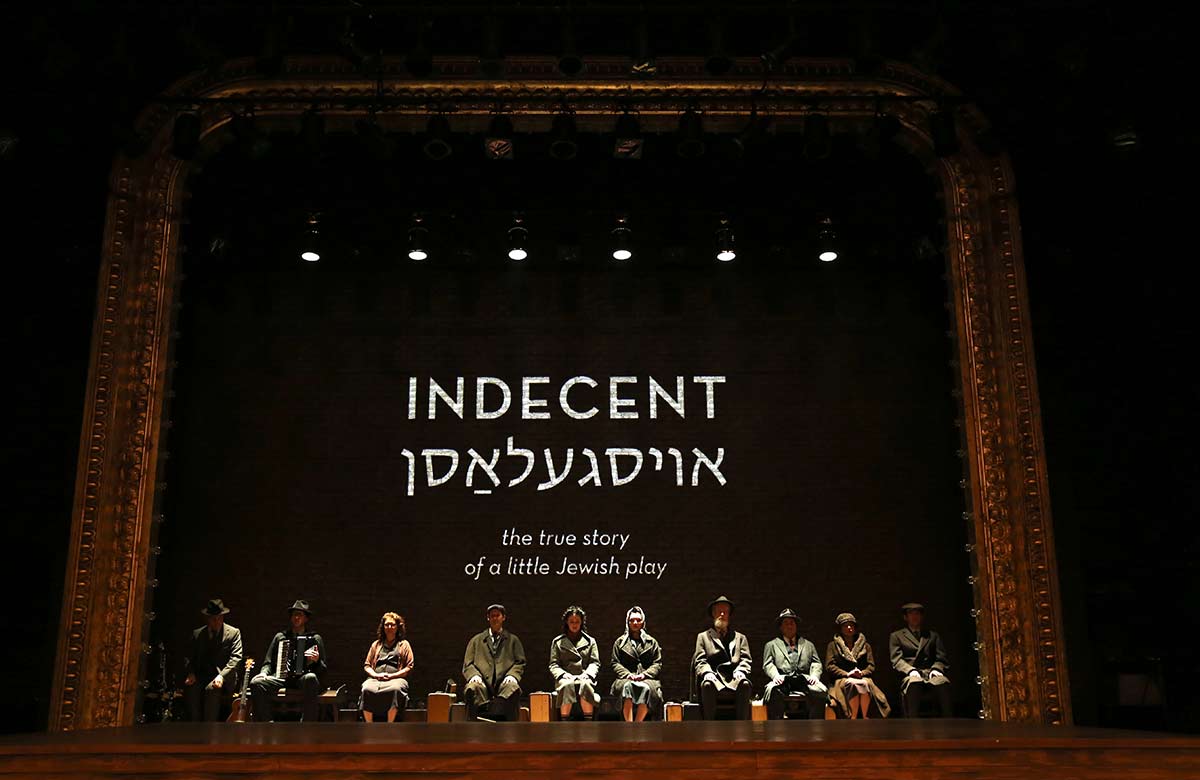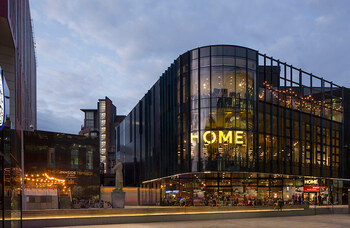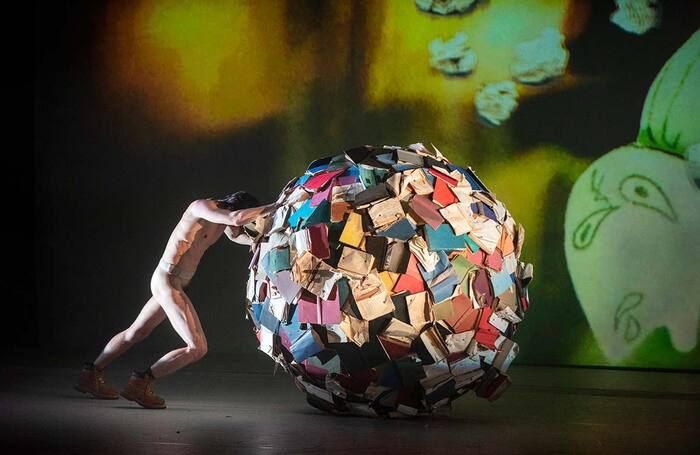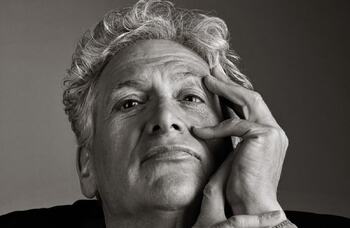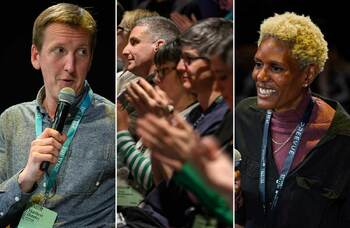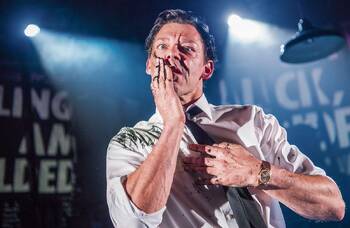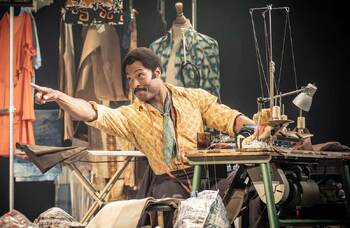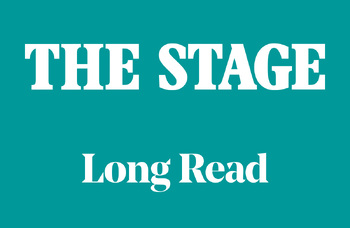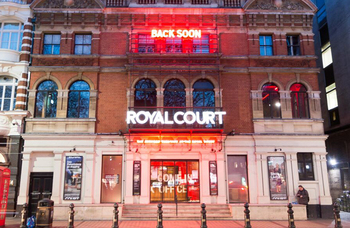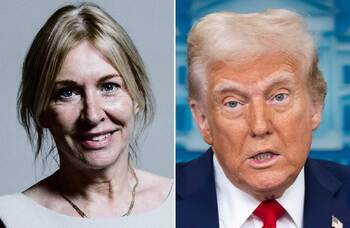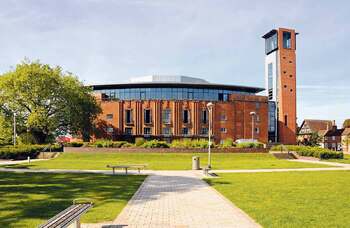Cancel cultures: theatre censorship around the world
 Natasha Tripney
Natasha TripneyNatasha is international editor for The Stage. She co-founded Exeunt magazine and regularly writes for the Guardian and the BBC.
For artists around the world, censorship can take many forms, from overt interference and the pressure to self-censor to the grey areas that can restrict artistic freedom. Theatremakers from countries including Hong Kong, Turkey, Serbia, Hungary and Belarus talk to Natasha Tripney about the outlook and how artists are fighting back
When Arts Council England issued new guidance last month suggesting that funding agreements could be breached if individuals linked to an organisation made statements of a “political or activist” nature, it triggered a storm. ACE has since released revised wording and has attempted to reassure artists of its commitment to freedom of expression, but many see the debacle as indicative of a troubling wider landscape. Was this the start of a slippery slope?
Sam Holcroft’s play A Mirror, currently running in the West End, depicts a world in which plays must be submitted to an official state censor, with harsh consequences for those who transgress. While such extreme and explicit forms of state censorship do exist in several countries, censorship takes many forms. It’s not just a question of plays being cancelled or banned – it can be subtle and opaque, with concerns around job security, funding or potential public outcry all contributing to a system of self-censorship.
In the UK, for more than half a century following the passing of the Theatres Act 1968, theatremakers have had the right of free expression enshrined in law. Before that, since 1737, the Lord Chamberlain had the authority to veto new plays that were deemed indecent or posed a threat to public order. If theatres staged work that had been refused a licence, they could be prosecuted. Things started to shift in the 1960s, with private clubs allowing writers to perform their play in a ‘private’ setting as a way of getting around the censor. The late Edward Bond’s 1965 play Saved was among those staged in this way. Although the creators were eventually prosecuted, this only highlighted how dated the system was and paved the way for the passing of the Theatres Act. (The American countercultural musical Hair was the first show to benefit from the new law, opening in the West End the night after the act was passed.)
‘[Due to censorship ambiguity, artists in Hong Kong] look to past incidents of complaints, legal actions or controversies to discover what may cross the line’ Jeffrey Lin
In the years since, however, a number of high-profile incidents have raised the question of just how free artists are in what they can put on stage. The 1980 National Theatre production of Howard Brenton’s The Romans in Britain was famously subject to an unsuccessful public prosecution for gross indecency and, in 2004, Gurpreet Kaur Bhatti’s play Behzti was cancelled by Birmingham Rep following protests from the local Sikh community.
In recent months, there have been concerns both in the UK and in Europe that legislation ostensibly designed to address hate speech might also place limitations on free speech. Concerns were raised that the Hate Crime and Public Order (Scotland) Act 2021, which comes into force on April 1, might result in the prosecution of comedians and actors, prompting Scottish police to release a statement that this would not be the case.
Meanwhile, in Germany, an “anti-discrimination clause” was introduced by the Berlin senator for culture and social cohesion at the end of last year, which applicants for cultural funding were required to sign. It made a commitment to the International Holocaust Remembrance Alliance definition of antisemitism – widely considered controversial – a prerequisite for accessing cultural funding. In response, 6,000 cultural producers signed an open letter expressing concern that this clause was essentially a means of excluding criticism of the Israeli government’s policies and the war in Gaza from public discourse and, by extension, a form of censorship. Less than a month later, the policy was dropped.
Continues...
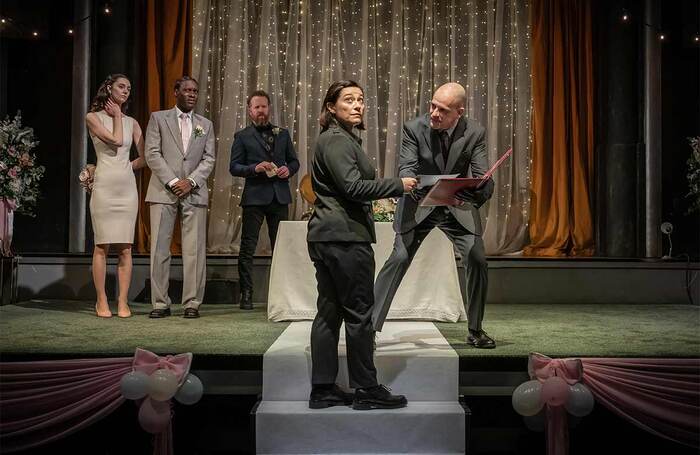
Ambiguity and vulnerability
In many places, restrictions to artistic freedom can take multiple forms. Battersea Arts Centre’s head of programming Pelin Başaran is originally from Turkey, where, she says, artists were often subject to a series of “sub processes that prevent or limit the production or distribution of an artistic work, generally through the delegitimisation of artists and institutions, threats, pressure and hate speech”.
In countries such as Iran, which has a state censor, at least, “everyone knows what they are dealing with”, says Başaran. In Turkey, she explains, things are less clear-cut. The lack of legal clarity surrounding censorship leads to grey areas that can be exploited by the government. Public order and terrorism prevention legislation can be used to legitimise censorship and limit artistic freedom, she explains. “The way in which these rules are applied can feel quite arbitrary.”
While living in Istanbul, Başaran established her own cultural organisation and also worked on Siyah Bant, an initiative for artistic freedom of expression. However, the political climate in Turkey, which shifted following an attempted coup in 2016, made her work unsustainable and, eventually, she made the decision to move to the UK.
‘The way in which rules are applied in Turkey can feel quite arbitrary’ Pelin Başaran
However, these grey areas exist in the UK, too, warns Başaran, and it is important to be mindful of the topics a government deems sensitive at any given moment, with the situation in Gaza currently very prominent on that list. She cites Forensic Architecture’s 2021 exhibition at the Manchester International Festival, in which a statement reading ‘Forensic Architecture stands with Palestine’ was removed from the exhibition – only to be reinstated following protests. This is a prime example of political pressure being placed on an organisation.
Thomas Ostermeier’s production of An Enemy of the People is currently enjoying a run in the West End. When Berlin’s Schaubühne took the original German production to China in 2018, the engagement was cut short. The show contains a section in which audience members are invited to debate, and at the performance in Beijing, the audience openly criticised the Chinese government. Subsequent performances in Nanjing were cancelled for “technical reasons”.
In Hong Kong, the passing of the National Security Law in 2020 has had a significant impact on theatre and the arts, explains theatremaker Jeffrey Lin. “Prior to the NSL, Hong Kong’s performance arts scene was celebrated for its dynamism and diversity,” he says. “The enactment of the NSL introduced a climate of uncertainty and caution within the performance arts sector.” Since the law was passed, there have been several instances in which performances were either “cancelled or altered due to concerns over content that could be perceived as violating the NSL”.
Artists in Hong Kong, he explains, “now face a precarious situation where their career can be jeopardised by any actions in their lifetime, including social media posts criticising the government, participation in political protests or their involvement in productions deemed politically sensitive or contrary to the ideology of the Chinese government”.
People are encouraged to inform anonymously on those deemed in breach of the law, leading to “the emergence of a culture of informants or a ‘snitch culture’ within the arts community”, Lin says. “This environment has led to a heightened sense of vulnerability among artists.” Productions are often abruptly cancelled, causing financial loss to the artist, explains Lin. As in Turkey, there is ambiguity around what is permissible. This creates a climate of uncertainty. In the absence of clear guidelines, says Lin, “the arts community must navigate this ambiguity, often looking to past incidents of complaints, legal actions or controversies as indicators of what might be considered crossing the line”.
Continues...
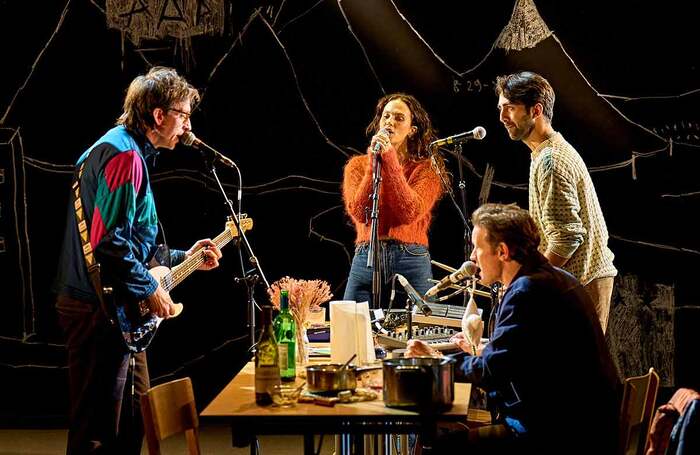
Grey areas
Democratic backsliding tends to walk hand-in-hand with an increase in state interference in the arts, as can be seen in several central and eastern European countries. While there is no overt censorship in Hungary, the cultural sector depends financially on the policies of Viktor Orban’s government, which, as critic Jászay Tamás explains, “believes only in the centralisation and concentration of power and does not resist the temptation to assert its financial influence”.
“The state not only provides the necessary financial means, but also has an active say in how and in what way artists use them,” he says. “In other words, if the state doesn’t like your art, it will not ‘order’ it.”
As a result, more than 30 years after the fall of communism, he says, “caution is becoming more and more conspicuous in theatre programming policy”. Even if a city’s government is liberal, the main priority is to avoid scandal. “A light comedy or operetta is less risky than a devised show about the conditions of living in today’s Hungary,” he says. “It can always be argued that audiences go to the theatre to be entertained, not to confront their otherwise unhappy lives, but there are two faces to the process: if we don’t even try to move the audience out of their comfort zone, we will never know what they are really interested in.”
A combination of factors result in work that errs on the side of safety, whereas directors such as former director of Hungary’s National Theatre Róbert Alföldi, who is openly gay and politically on the left, “can now work in almost only two private theatres in Hungary – the others dare not or will not invite him”, says Tamás. Actors have also found their opportunities of employment limited after speaking at opposition demonstrations, he explains.
This form of financial censorship has hit the independent scene particularly hard. “I see cultural policy as very conscious of pitting applicants against each other for ever-dwindling resources,” says Tamás. This calls the independence of the independent scene into question. “Their vulnerability to the cultural policy of the current governing party is extreme,” he says. Few independent artists can afford to be openly political. There are exceptions, he says, citing Béla Pintér, who in a recent performance “called the prime minister, opposition leaders and other public figures by their names, inviting his audiences to a grotesque and bizarre cabaret-style danse macabre”. When Pintér staged his play The Champion – which was, at least in part, inspired by a real life politician – at the Katona József Theater in Budapest, “the right-wing city government cut the institution’s subsidy significantly”, Tamás explains. However, he adds, the Hungarian independent scene “has traditionally been a non-political zone: while right-wing governments have openly seen independent theatremakers as enemies for a decade and a half, they have nothing to fear, as independent voices are quiet and reach few people compared to the state propaganda machine”.
Slovakia has recently implemented troubling new policies designed to limit freedom of expression. The Ministry of Culture is run by the ruling party and, according to critic Daria Fojtíková Fehérová, it has “slowly started changing leaderships of subsidised culture institutions and there is a new law on the table that suggests that the minister can withdraw any managing director of any state culture institution without any reason. The new laws they want to introduce will help them put their own people everywhere”.
‘The majority of theatremakers in Belarus are on ban lists, have been dismissed from their jobs and cannot be employed even in the non-cultural sector’ Anonymous
The ministry has already stopped funding independent non-governmental organisations that deal with LGBT+ issues, but the impact is being felt more widely, with other NGOs also being affected. There is resistance in the form of community initiative OK! (Open Culture/Otvorena Kultura), while a petition was signed by 200,000 people, but the government attempted to discredit it. Once again, a climate of uncertainty leads to concerns about where ‘the line’ lies in terms of what work will be supported.
In nearby Poland, when the Law and Justice Party was in power, “there was a lot of meddling and politically informed decisions about who runs theatres”, explains UK-based Polish director Nastazja Domaradzka. These appointments, which were made by city councils, were often political in nature. However, in recent years, she says, there has been “quite a visible resistance to these politically motivated appointments, with walkouts and online campaigns”.
For example, in 2017, the Ministry of Culture reneged on its funding for the Malta Festival, an annual performing arts festival in Poznań, central Poland, in response to a controversial production at Teatr Powszechny in Warsaw, directed by Oliver Frljić, who had already been approved to curate a strand of work for the festival. Frljić’s production The Curse, which explored the relationship between the Polish Catholic church and the state, and included a scene in which an actor simulates oral sex on a statue of Pope John Paul II, sparked protests and led to the producers being investigated by state prosecutors over allegations they were inciting the audience to murder. The minister of culture declined to supply the agreed funding to the festival; the organisers, however, used crowdfunding to make up the shortfall and it went ahead as planned (featuring Frljić’s own performance Turbofolk, modified with a personalised ‘fuck you’ to the minister of culture).
In Serbia, a system of self-censorship has operated since the time of the former Yugoslavia, explains theatre scholar and critic Ivan Medenica. While Yugoslav artists had comparative autonomy, there were limits. When the then president Josip Broz Tito attacked a production at the Yugoslav Drama Theater that dealt with the then-taboo topic of labour camps for political prisoners, it was the actors – all members of the Communist Party – who called for the play to be cancelled.
This culture of self-censorship persists in Serbian theatre today. “Political criticism in Serbian performance is first of all realised through indirect means,” he explains. “Oliver Frljić has said that he would only direct in Serbia again if it was to do a play about [Serbian president] Aleksandar Vučić. He never received that invitation...”
You would be unlikely to see a play by a Kosovan artist on a state theatre stage in Serbia, and to hold any kind of leadership role in a state institution is a political balancing act – something Medenica, as the former artistic director of the Belgrade International Theatre Festival, has had first-hand experience in. There are other concerning factors. When actors lent their voices to the Serbia Against Violence protest movement, which has been gathering momentum since May last year, they were publicly singled out for attack by senior politicians, leading to online abuse.
Continues...
Constant fear
Censorship, as these examples show, is a sliding scale and the bead can shift quickly. Vigilance is required to stop rights to free expression being quietly eroded. While a lot of these examples concern grey areas and pressures to self-censor, explicit state censorship does still exist in Europe.
In authoritarian Belarus, artists have long faced overt state censorship and the possibility of arrest for performing unauthorised works. In defiance of the regime, Belarus Free Theatre operated underground, performing in non-traditional spaces – in people’s homes, in the woods and communicating with audiences clandestinely. Its co-founders Natalia Kaliada and Nicolai Khalezin have been living in exile since 2011.
Following elections in 2020, in which president Aleksandr Lukashenko declared a landslide victory and the subsequent wave of peaceful protests, the situation has deteriorated further. Almost all significant cultural NGOs have been closed, state theatre projects are now subjected to “ideological processing” and there has been a mass exodus of cultural professionals, including the remaining members of Belarus Free Theatre’s ensemble, who left the country, fearing for their safety.
‘Oliver Frljić has said he would only direct in Serbia again if it was to do a play about [Serbian president] Aleksandar Vučić. He never received that invitation...’ Ivan Medenica
As of February 2024, at least 161 cultural figures remain in prison and, according to a Belarus-based theatremaker who asked to remain anonymous, the “majority of theatremakers are on ‘ban’ lists, have been dismissed from their jobs and cannot be officially employed even in the non-cultural sector”.
For work to be presented at state theatres, it has to be put before several censorship committees. The restrictions placed on the independent sector are even more severe, making it all but impossible to operate. Previously, they explain, you only had to get permission from the city council, but now you have to receive an official registration from the Ministry for Culture. Only if you pass all its checks can you apply for permission from the city council, with further checks on artists and texts. “You have to bear in mind that a vast number of artists are banned, so they cannot be in your event.”
To be an artist in Belarus is to live with the constant fear of a knock at the door. “You become paranoid and begin to suspect everyone and be afraid of everything, while still trying to realise some underground, non dangerous activities in order to keep on going, to survive and preserve what we can inside the country.”
The feeling of fear comes and goes, they explain, “since your psyche cannot tolerate being in this state all the time. Sometimes you feel alright. You lose a sense of self-preservation, until you hear that another of your colleagues was detained. Four years after the elections, repression is still at its highest”.
Long Reads
Recommended for you
Opinion
Is there less lesbian representation in theatre than ever before?
Most Read
Across The Stage this weekYour subscription helps ensure our journalism can continue
Invest in The Stage today with a subscription starting at just £7.99
